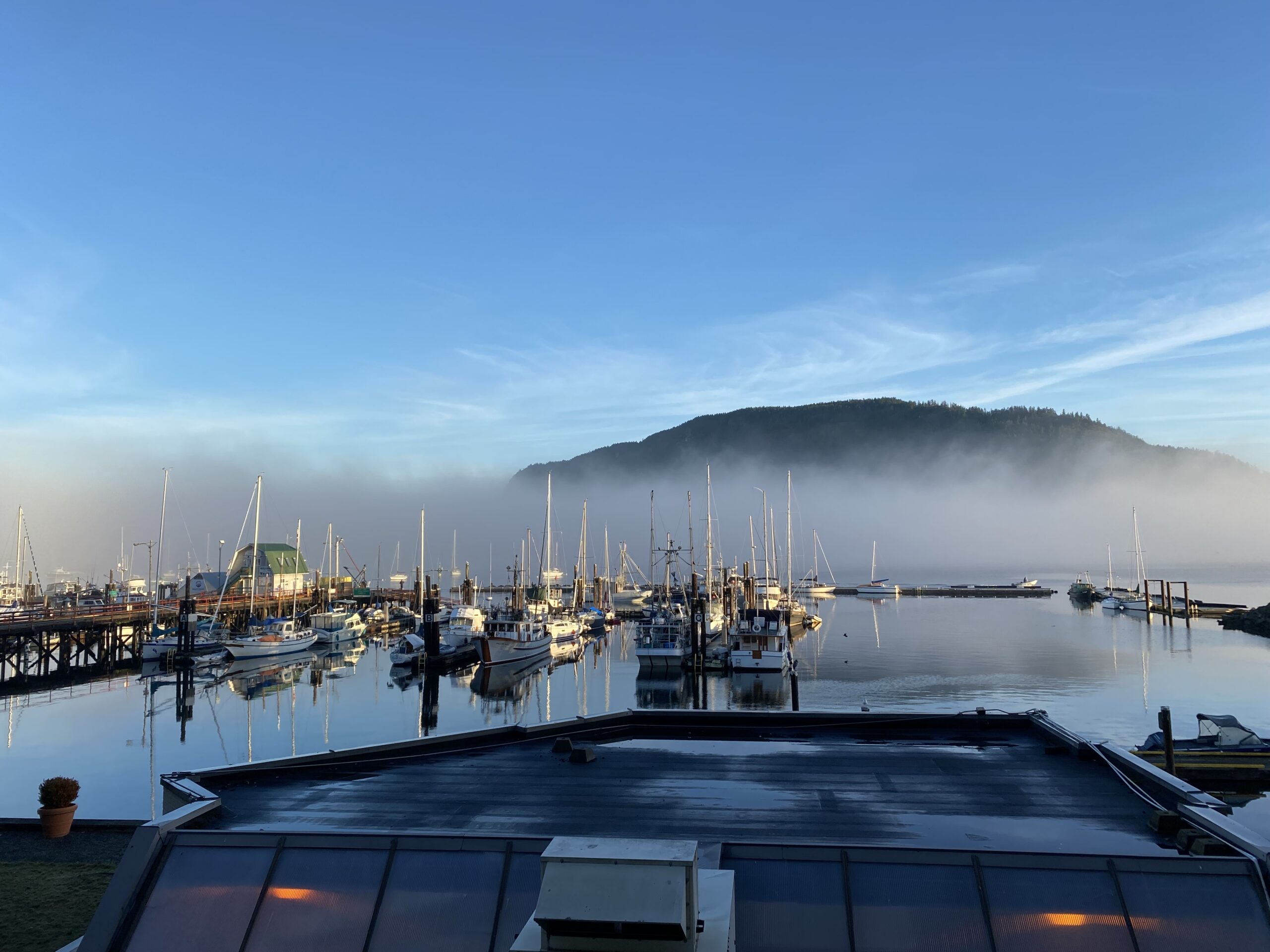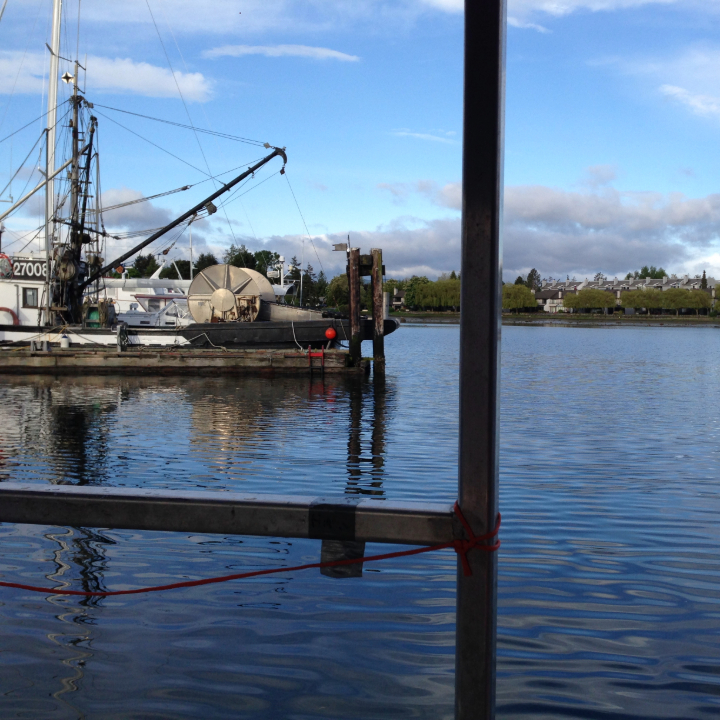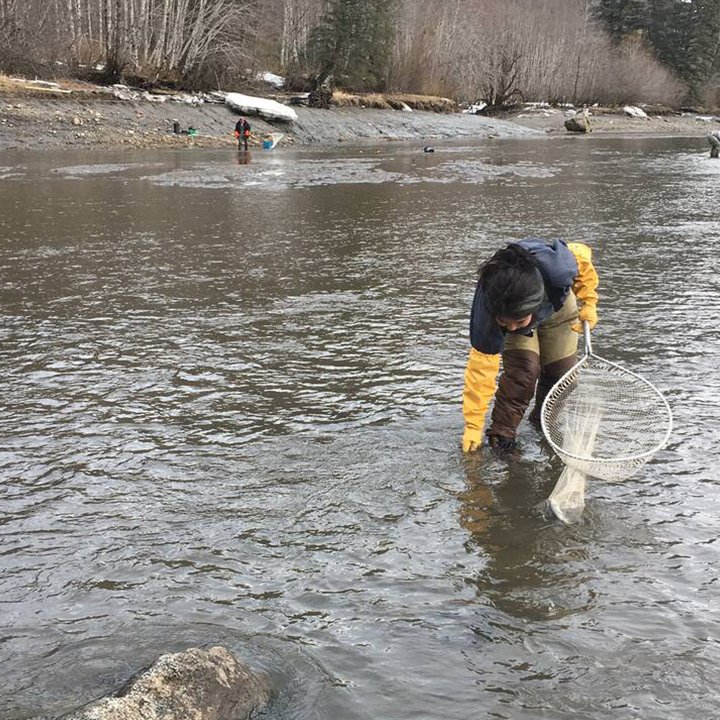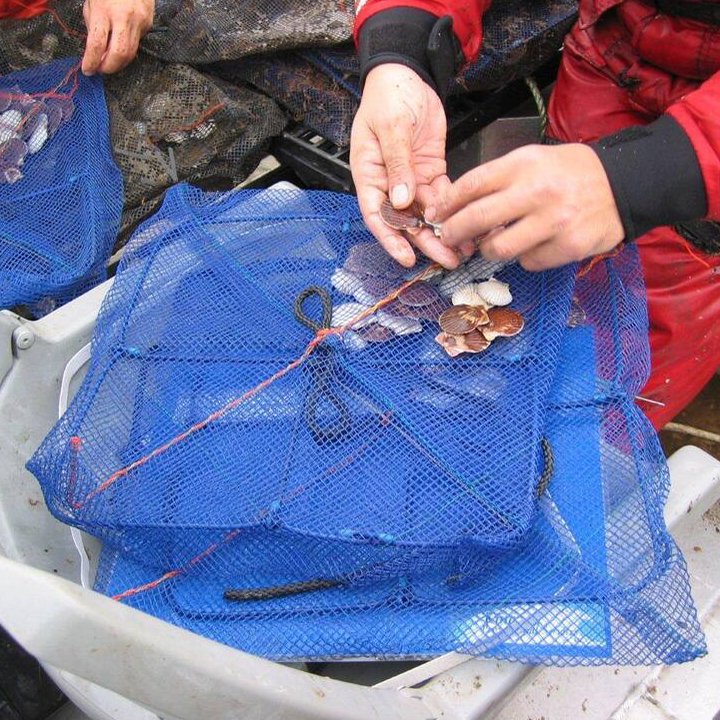Juvenile sturgeon release, by Ruby Alexis
Overview
Many First Nations have limited capacity to effectively participate in species-at-risk processes and respond to multiple and concurrent Species at Risk Act (SARA) assessments, listings, and recovery planning activities. As aquatic species such as Pacific salmon stocks continue to decline, the demand is only expected to grow.
First Nations can benefit from opportunities to share and learn from each other, and to develop collective strategies for improving the protection and management of aquatic species at risk, both within and outside of SARA processes. FNFC supports First Nations to collectively advance their interests in aquatic species-at-risk management, participate in species-at-risk advisory boards and processes, and engage in Tier 1 and Tier 2 discussions on aquatic species-at-risk issues and activities.
Images
Events
Resources and publications
Summary Report Aquatic Species at Risk in The Pacific Region Virtual Workshop Series [2021]
In 2020, the First Nations Fisheries Council of British Columbia (FNFC), in collaboration with Fisheries and Oceans Canada (DFO) collaborated to develop opportunities to share information and foster dialogue on ways to improve Indigenous engagement in aquatic species at risk (SAR) processes in the Pacific Region.
Summary Report Aquatic Species at Risk in The Pacific Region Virtual Workshop Series [2021]
The purpose of this discussion paper is to provide analysis for First Nations, and recommendations to DFO and First Nations, on the shortcomings of current approaches to socio-economic analysis (SEA) in the Species At Risk Act (SARA) process for aquatic species, and how SEA in SARA may be adapted to protect, reconcile, and advance First Nations interests.
Indigenous Knowledge Engagement and Aquatic Species at Risk in The Pacific Region a Discussion Paper [2021]
The First Nation Fisheries Council would like to thank all the participants and interviewees of the various FNFC initiatives that informed this discussion paper. We want to acknowledge the time you made available from your already hectic schedules to contribute. Without your passion, knowledge, and recommendations, the success of the workshops and associated materials would not have been possible.
Indigenous Knowledge Forum Report. [2019]
We especially thank the Indigenous Knowledge Keepers for sharing with us their projects built upon many centuries of knowledge, values, and traditional laws of their communities and Nations. Their generous contributions support our collective effort to advance Indigenous Knowledge as an invaluable and integral component of decision-making regarding fisheries policy and management at all levels.
Summary Report Species at Risk Act and Aquatic Species Workshop. [2013]
In 2011, the First Nations Fisheries Council (FNFC) began organizing Tier 1 (First Nations only) teleconferences for participating BC First Nations to speak with each other in order to share information and perspectives regarding a potential eulachon listing.
Contact
Tanya Tran, Special Projects Coordinator,
tanya@fnfisheriescouncil.ca
